|
|
|||||
This week, we look into the debt that is quietly jeopardising the futures of millions of Africans. |
|||||
|
|
|||||
Got debt?On Monday, Kenyan President William Ruto accused the Ford Foundation – a US-based philanthropy that promotes social justice and democratic values – of sponsoring violence and anarchy in Kenya (which Ford denies). It was an unusual move. It seems that Ruto (still) believes that meddling foreigners – and not citizens’ anger over his plan to raise taxes to address a fiscal crunch – sparked the protests that led to the storming of parliament and dozens of deaths. But discontent after decades of bad governance, poor living conditions, and painful economic policies is very real. And not just in Kenya. Nearly 3 in 5 Africans say their country is in worse shape economically than a year prior. More than half describe their living conditions as “bad.” There are numerous and complex reasons behind the fiscal challenges and difficult living conditions in Kenya and other African countries. Poor public management is one, and can’t be overlooked. But Africa’s growing debt problem risks reversing decades of progress, pushing millions of people into poverty, and setting off political instability, as we just witnessed in Kenya. And that is bad for everyone. Fortunately, it’s a problem with known solutions, as we highlight below. — Joe Kraus, Aftershocks Editor 1 problem: African debtAfrica’s debt nearly tripled between 2010 and 2022. The pandemic, Russia’s invasion of Ukraine, and soaring inflation worsened the problem. 20 low-income African countries are either bankrupt or at high risk of debt distress, and debt payments are eating up a greater share of government revenue. Even before the pandemic, more than 30 African countries spent more on debt service than on healthcare. 👀 Kenya spent far more to service its debt in 2024 than it spends on health and education. Against this backdrop of austerity spending, Ruto’s plan for people to pay more for staple goods proved a bridge too far. Kenya’s debt service as a share of government spending  (you can see how other African countries stack up in this interactive chart) 2 solutions: Fiscal support and debt reliefMoney bump: Countries facing a debt crunch need low-cost capital to help pay bills, continue to invest in their people, and get back onto solid financial footing. G20 countries can help by supporting much-needed reforms to multilateral development banks. That could unlock up to US$1 trillion that could be lent at below market rates. And donor countries could (ahem… should) increase their contributions to the World Bank’s International Development Association by 25% this year. That would give a significant boost to the world’s largest source of concessional finance, which supports more than 70 of the world’s lowest-income countries. Sweet relief: Debt-stressed countries also need a breather in the form of debt restructuring. The G20’s Common Framework was a good idea whose implementation has been not so good. As a result, only four countries have applied, and it’s taken years for them to see results. So here’s a challenge to the G20: Prove that the Common Framework is worth keeping. Creditors should have their debt payments paused upon application, the process should be clarified to foster good faith negotiation, and eligibility should be expanded to middle-income countries. The Common Framework’s flaws have long been (well) known. It’s (well) past time to fix them. From the ONE Team
The numbers
 |
|||||
|
|
|||||
Quote of the week
|
|||||
|
|
|||||
What you should read, watch, and listen to:
|
|||||
|
|
|||||
A look ahead24-26 July: 21st US-sub-Saharan Africa Trade and Economic Cooperation Forum, Washington, DC 25-26 July: G20 Finance & Central Bank Ministerial meeting, Rio De Janeiro, Brazil |
|||||
|
|
|||||
The ONE Campaign’s data.one.org provides cutting edge data and analysis on the economic, political, and social changes impacting Africa. Check it out HERE. |
|||||
|
|
|||||
|
|
|||||
Did you like today's email?Loved it Mehhh Hated it |
|||||
|
|
|||||
Did you like today's email?Loved it Mehhh Hated it |
|||||
|
|
|||||
Wie hat dir dieser Newsletter gefallen?Richtig gut! Ging so… Überhaupt nicht. |
|||||
|
|
|||||
|
|||||
|
|||||
|
|||||
|
This email was sent by ONE.ORG to test@example.com. You can unsubscribe at any time. ONE Campaign |
